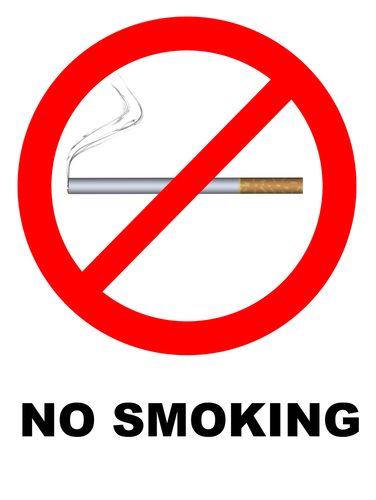 Subrogating the discarded cigarette case can burn out quickly or really catch fire. If your insured caused it, subrogation may be a problem. But when a defendant causes it, potential subrogation, right? Perhaps. Take, for example, the case of a store clerk who throws a discarded cigarette on the pine needles that serve as a landscaping bed outside the building while on a smoking break. The clerk works for a business that runs a store. You insure the neighboring building. Clear winner against the clerk’s employer?
Subrogating the discarded cigarette case can burn out quickly or really catch fire. If your insured caused it, subrogation may be a problem. But when a defendant causes it, potential subrogation, right? Perhaps. Take, for example, the case of a store clerk who throws a discarded cigarette on the pine needles that serve as a landscaping bed outside the building while on a smoking break. The clerk works for a business that runs a store. You insure the neighboring building. Clear winner against the clerk’s employer?
Not so fast. You still need to prove the employee’s smoking was done “in the course and scope of employment” for an employer to be held vicariously liable for the acts of the employee.
The “Furtherance of Employer’s Interests” Test
Is smoking a cigarette in furtherance of an employer’s interests? That is the standard applied by most courts when determining if the act was in the course and scope of employment. See, e.g., Lange v. National Biscuit Co., 297 Minn. 399, 211 N.W. 2d 783 (1973); Minamayor Corp. v. Paper Mill Suppliers, Inc., 297 F. Supp. 524, 526 (E. D. Pa. 1969); Edgewater Motels, Inc. v. A. J. Gatzke, 277 N.W.2d 11; 1979 Minn. LEXIS 1381 (Minn. 1979).
Case By Case Basis: Factors to Consider
Courts have found smoking to be considered in furtherance of the employer’s interests depending on the circumstances. Factors relevant to the analysis include:
– Whether the smoking occurs substantially within authorized time and space restrictions.
– Whether the smoking is a minor deviation from the employee’s work-related activities .
– Whether the employer’s assent was given or may be fairly assumed.
– Whether the smoking was known to occur or reasonably expected.
Application
Knowing to address these issues early will help you analyze more thoroughly the potential vicarious liability of the defendant. It may also help develop potential spread theories, even if it turns out the smoking was outside the course and scope or was done by a customer or passerby or even your own insured. For example, if the store owner knows customers or passersby regularly discard cigarettes in the area, the store owner might be liable for failure to provide cigarette towers or failure to select landscaping less combustible than the pine needles used in our fact pattern. Questions to pose of the store clerk and employer might include:
– Did you smoke in a designated area at the designated time?
– Who created the area and time designations?
– Did you have available a designated trash container for the cigarettes?
– Did you use such containers and, if not, why not?
– Are customers or passersby known to smoke outside the store?
– Was your employer aware of such customer smoking?
– Where does such customer or passerby smoking occur?
– What steps were taken to mitigate potential hazards from such smoking?
– Who selected the pine needles as landscaping and why?
When investigating the claim, these questions should be asked early, when witnesses are still available and their memories still fresh. It may mean the difference between your case smoking out or burning bright.



